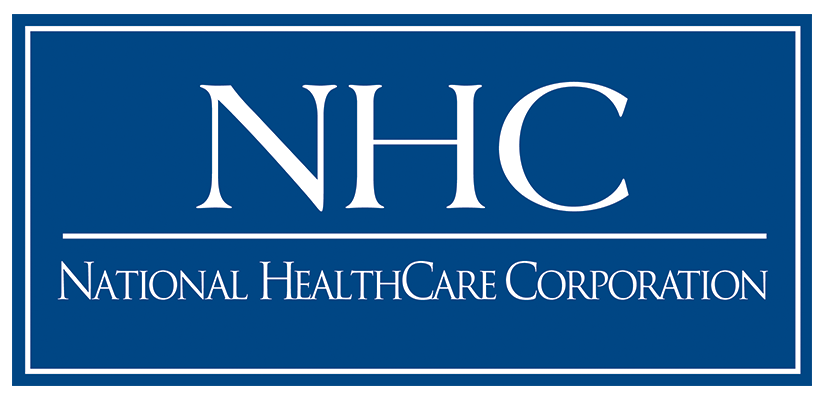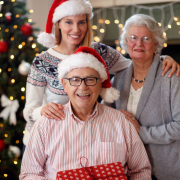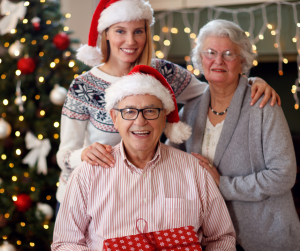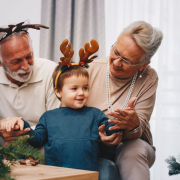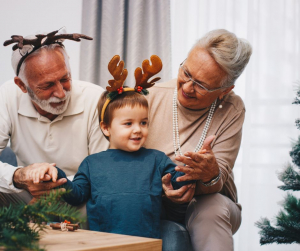As our loved ones age, the decision to transition to assisted living can be a challenging one. The prospect of leaving the familiarity of home may raise concerns, but understanding the comprehensive benefits of assisted living is crucial in making an informed decision that prioritizes the well-being of our seniors.
Introduction
The aging process brings about changes in health, mobility, and independence. Our assisted living communities are designed to supply the necessary support, care, and amenities to enhance the quality of life for seniors.
Safety and Security
One of the primary advantages of assisted living is the heightened focus on safety and security. Our communities are equipped with features such as emergency response systems, secure entryways, and trained staff to respond promptly to any medical or safety concerns. This ensures that seniors receive the help they need, fostering a secure living environment.
Socialization Opportunities
Isolation can be a significant concern for seniors living alone. Assisted living communities address this by offering a plethora of socialization opportunities. From group activities and outings to dining with friends, residents have the chance to build meaningful connections and friendships, combating loneliness and promoting mental well-being.
Personalized Care
Our assisted living communities are renowned for our personalized approach to care. NHC Partners work closely with residents to create tailored care plans that accommodate individual needs. Whether it is help with daily activities, medication management, or specialized care, seniors receive the attention needed to support their independence and dignity.
Conclusion
In conclusion, our assisted living communities offer a comprehensive solution to the evolving needs of our aging loved ones. The emphasis on safety, socialization, and personalized care creates an environment that promotes overall well-being. While the decision to transition to assisted living may seem daunting, understanding these benefits ensures that our seniors receive the care and support necessary for this new chapter in their lives.
Making the choice for assisted living is a proactive step towards enhancing the quality of life for our loved ones. By acknowledging the benefits, we empower ourselves to make informed decisions that prioritize the health, safety, and happiness of those we hold dear. Please let us know if you have questions or need help navigating assisted living.
